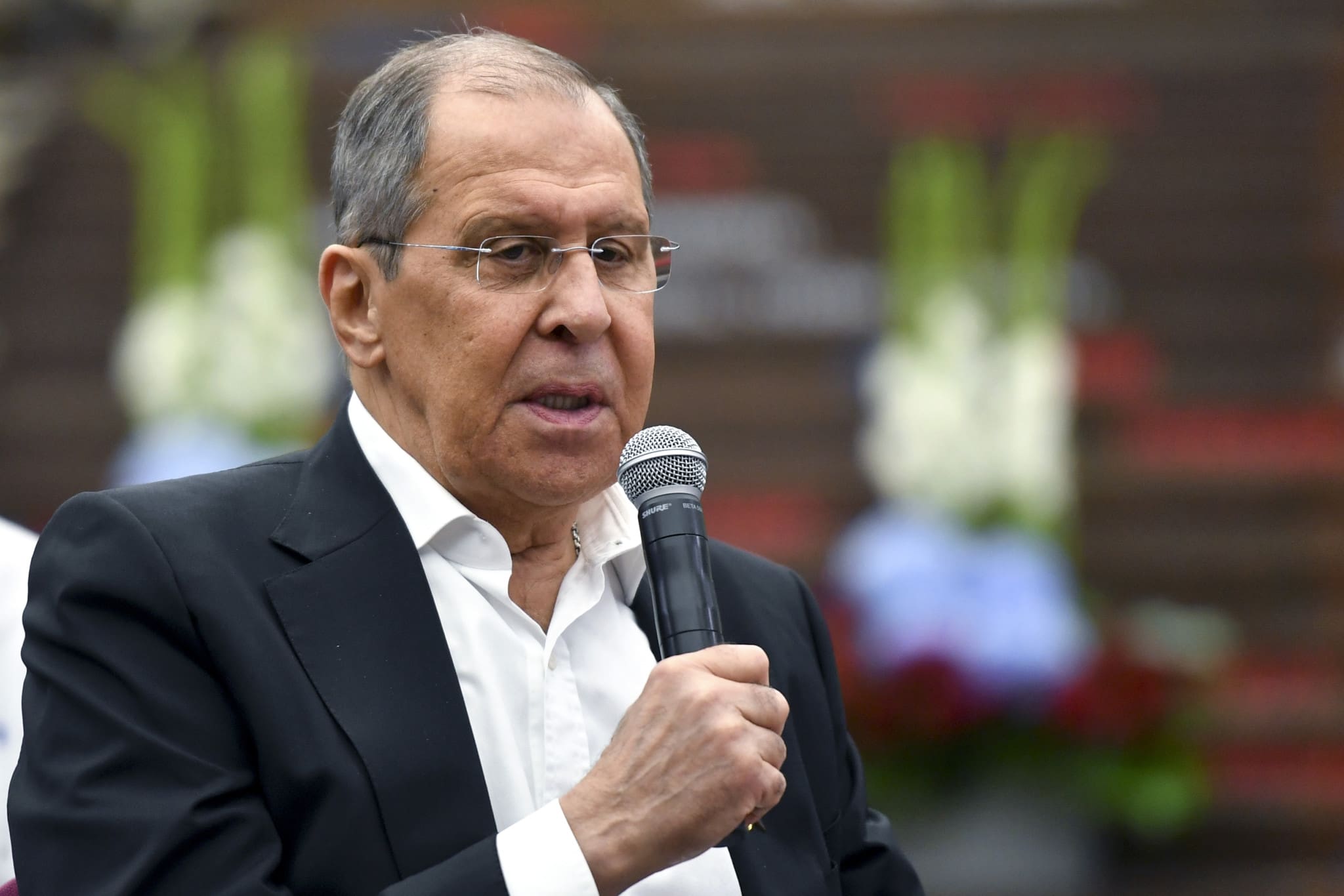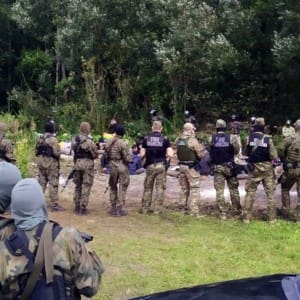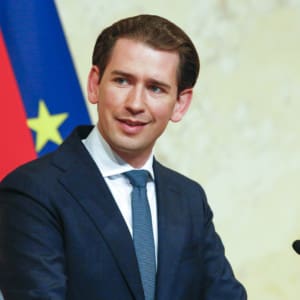In an interview for the Hungarian conservative daily Magyar Nemzet, the Russian foreign secretary, Sergey Lavrov, laid bare his thoughts about recent sanctions that European Union countries have introduced against his country. He also spoke out about the mistakes of EU foreign policy with regard to the oppressive Ukrainian laws restricting the use of minority languages.
When reflecting on recent sanctions against Russia that Hungary voted for, the foreign minister acknowledged that Hungary has its particular obligations towards the EU and NATO which it is part of, even in cases when such a joint declaration “goes against the Hungarian national interest”, as he put it. Yet he made it clear that in his view, there is no place for forced expressions of “bloc-solidarity”. Furthermore, political sanctions are a useless tool and are entirely ineffective when it comes to Russia, added Lavrov.
This is a clear reminder from the Russian head of diplomacy towards the government of Viktor Orbán that, although the economic and political relationship between the two countries is far above the EU average, instances of siding with European allies against Russia do not go unnoticed. Yet, Lavrov was also aware of the fact that no other country, except perhaps Germany, has acted as independently of the EU bloc thinking as Hungary, where the government of Viktor Orbán has not only played a moderating force in EU-Russian negotiations, but has done so with its closest ally Poland as well, albeit without much tangible success.
Lavrov referred to the fact that EU sanctions have essentially halved the trade between Russia and the EU, from €417.7 billion in 2013 to €192.2 billion in 2020. Yet, said Russia’s foreign minister — and not without sarcasm — some of the major EU powers have managed to turn these sanctions to their own advantage.
He is probably referring to the fact that agricultural products originally heading from Eastern Europe to Russia have remained unsold, bankrupting many smaller and mid-size producers, which in turn meant a fresh export opportunity for Western European companies. Hungarian Foreign Secretary Péter Szijjártó has brought up this issue in past negotiations with his Russian partner, and the two diplomats seem to be in agreement over the fact that sanctions can be partly motivated by economic interests and rivalry, rather than by principled political thinking.
When speaking about the Nord Stream 2 pipeline, Lavrov rejected accusations that this will increase the dependency of European countries towards Russia. In his view, the pipeline should be viewed as one establishing a de facto interdependency, since Russia needs the financial resources from its energy products just as much as Europe needs gas and oil.
Hinting at the existing pipelines running through the territory of Ukraine, Lavrov said that in future transit matters, countries will have to compete for the lucrative transit fees, rather than dictate their own unilateral conditions to Russia. In this regard, the Russian foreign minister is right when saying that Europe’s energy security will increase in view of a hypothetical Ukrainian blockade of the pipelines, yet the question of Russia using its energy resources as a political tool against the West remains an open question, and in light of the German-sponsored Nord Stream 2, perhaps even more so than before.
Concerning the worsening situation of ethnic and cultural minorities in Ukraine, where the Russian, Hungarian and Polish minorities had to bear the brunt of escalating repression from the Ukrainian government, Lavrov expressed his concern regarding the new language laws and legislation governing policies towards indigenous ethnic minorities.
“They artificially divide people into certain categories endowed with particular rights, which really reminds us of the theories and practices of Nazi Germany. It is entirely unacceptable that Kiev is introducing national intolerance in Ukraine, which is primarily targeted against Russians,” said Lavrov.
He also recalled the words of Ukrainian President Volodymyr Zelensky, who during a recent interview called on the Russian minority to “leave the country and find a place in Russia”. Lavrov claims that Russia called the attention of the international community, such as the UN, the EU, to these serious violations of human rights in Ukraine, and expressed his wish that European politicians should voice their criticism against the Zelensky government in public.
The silent diplomacy that European politicians often claim to be involved in did not bring the desired results as far as Ukraine is concerned, claimed Lavrov.






